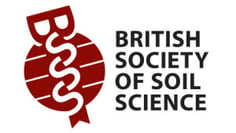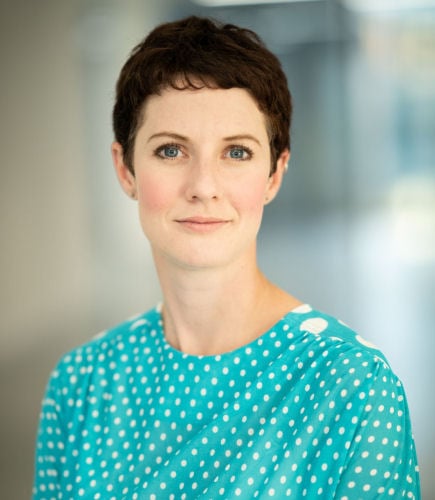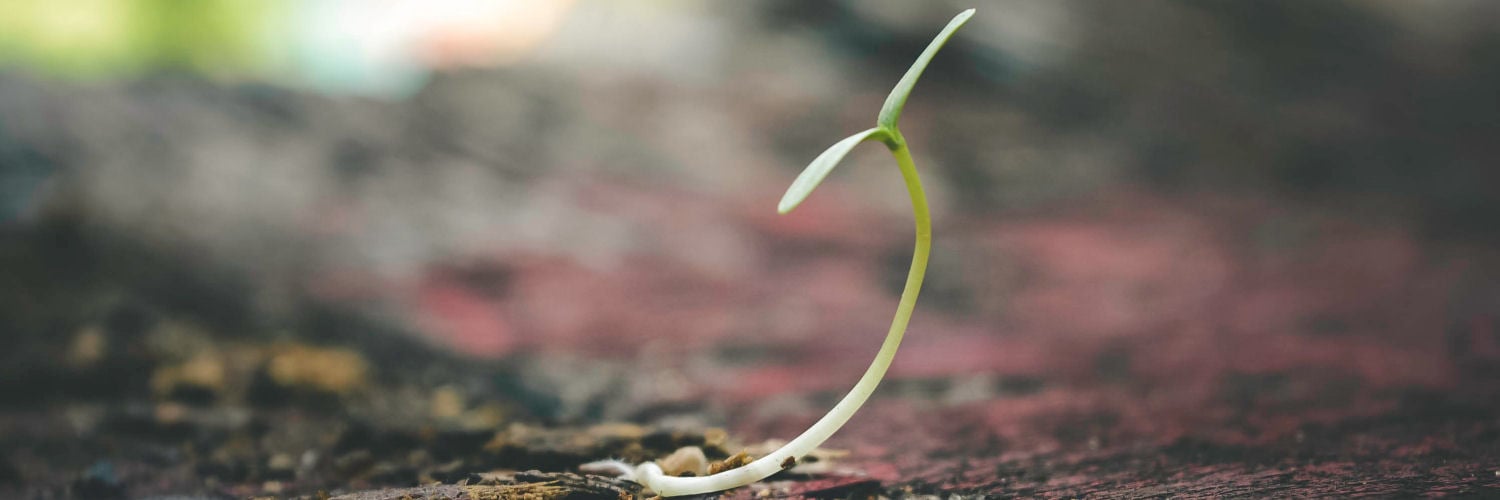
Sarah Garry, Executive Officer, The British Society for Soil Science.
I know I’m not the only one for whom the Covid-19 pandemic has changed my attitudes and behaviours. Although I’ve always had a keen interest in nature and my surroundings, being confined to my home for months has given me the time to stop and stare: to appreciate how blue the sky is, the changing of the seasons and to see plants growing millimetre by millimetre. Many of my friends and colleagues have had the same experience of slowing down and taking the time to appreciate the world around them.
As more of us find we are going back to nature, and for some, are introduced to it for the first time, how better to capitalise on this than by introducing a GCSE in Natural History. As a Charity which represents professional soil scientists across all disciplines, from agriculture to construction and archaeology, British Society of Soil Science members understand the impact which soil has on the world around us. Without healthy, well-managed soil, plants, animals and mini-beasts are unable to thrive.

To fully appreciate the natural world, any Natural History GCSE must include up-to-date teaching on soils. This will help our future farmers understand how to work with their soil to ensure its long-term health whilst producing sustainable yields and support future engineers to identify and prevent erosion, which can lead to devastating impacts for communities throughout the world. Our new video #Grounded highlights the importance of soil and aims to increase knowledge of soil’s importance, particularly amongst young people.
There is a significant movement amongst soil scientists and agriculturalists to move away from over-working the soil, to instead to work with nature to allow us to farm more sustainably and improve our harvests. The Netflix documentary featuring Woody Harrelson, Kiss the Ground, has introduced the ‘no-till’ method to a generation of young people who are passionate about halting climate-change and living more sustainable lives. The method which focuses on reducing the amount of disturbance to the soil, is attributed to increasing yields and efficiencies, increasing soil health and reducing the amount of CO2 released into the atmosphere. As a Society, we continue to share knowledge with our members on such issues and have delivered a range of scientific webinars on issues including no-till, which are available via our YouTube channel.
As we look to the future, we will continue to work to highlight the importance of soil and in August 2022 will host the World Congress of Soil Science, where the scientific programme will be accompanied by a number of complementary arts events, to raise awareness of soil’s importance in our everyday lives.
With 1,500 gigatonnes of carbon in the world’s soil, three times more than in vegetation and forests, educating our young people to understand its importance in the fight against climate change, must be a priority.
Sarah Garry is Executive Officer of the British Society of Soil Science, an established international membership organisation committed to the study of soil in its widest aspects. The society brings together those working within academia, practitioners implementing soil science in industry and all those working with, or with an interest in soils.
Keep up to date with our proposed GCSE in Natural History and other Cambridge OCR Natural History news by signing up our email newsletter and updates. You can read back issues of our Natural History newsletter here.

